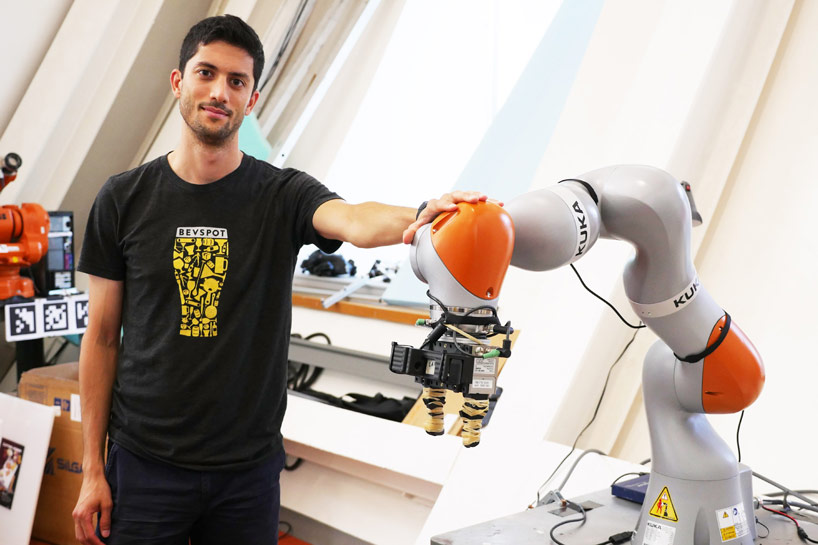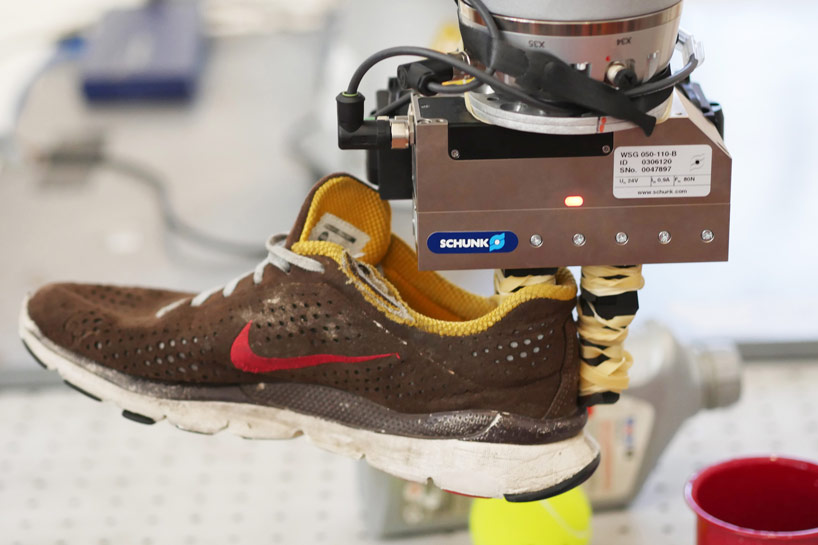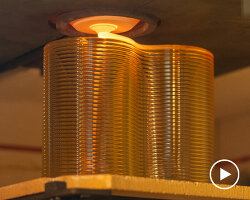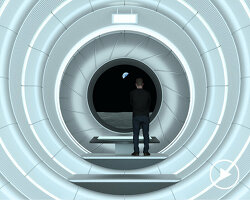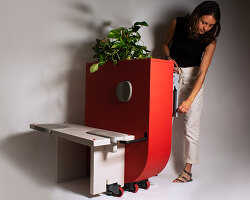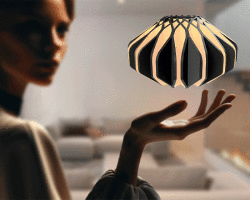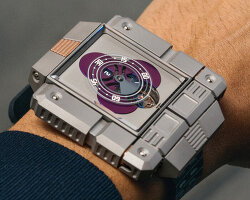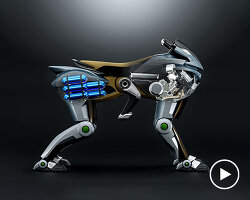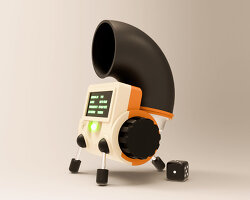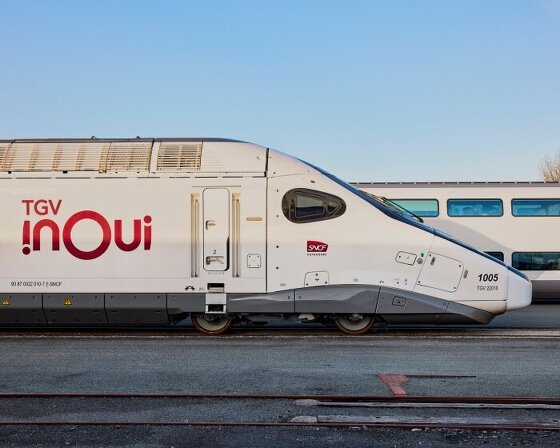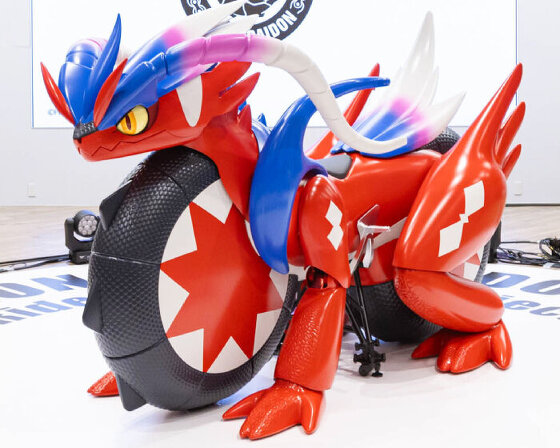KEEP UP WITH OUR DAILY AND WEEKLY NEWSLETTERS
happening now! in an exclusive interview with designbooom, CMP design studio reveals the backstory of woven chair griante — a collection that celebrates twenty years of Pedrali’s establishment of its wooden division.
explore the series of high-tech toys and devices designed with modern features for adults.
its external body features abstract semi-circles in white and gray over a warm gray base, subtly evoking the ripples and waves of flowing water.
connections: +430
designboom interviews chief design officer gorden wagener to discuss the ‘frunk’, AI agents that detect the driver’s moods, and more.
a real-life model of the two-wheeler appears at honda welcome plaza aoyama in tokyo, japan in march 2025.
connections: +550
